Category: Federal
-
President Biden has not made any federal judicial appointments through February 1 of his first year in office

As of February 1, 2021, President Joe Biden (D) had not appointed any Article III federal judges. The average number of federal judges appointed by a president through February 1 of their first year in office is zero. Through the first year in office, President Ronald Reagan (R) made the most appointments with 41, and…
-
OIRA reviewed 132 significant rules in January
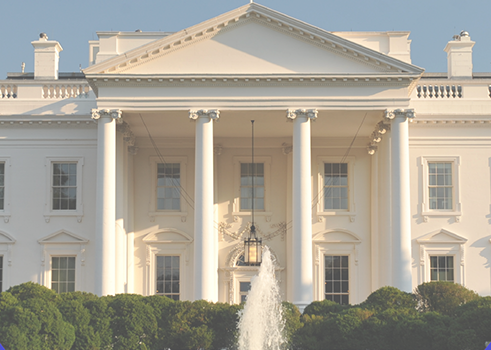
The White House Office of Information and Regulatory Affairs (OIRA) reviewed a total of 132 significant regulatory actions issued by federal agencies in January 2021. The agency approved seven rules without changes and approved the intent of 57 rules while recommending changes to their content. Agencies withdrew 67 rules from the review process. One rule…
-
U.S. Supreme Court schedules March argument sitting
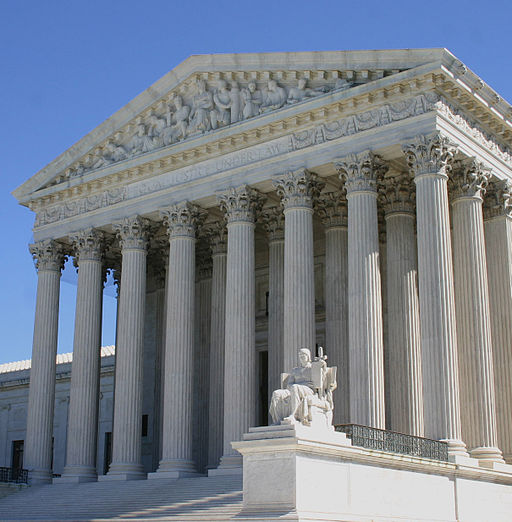
On February 1, 2021, the Supreme Court of the United States (SCOTUS) released its March argument calendar for the 2020-2021 term. The court will hear seven hours of oral argument in nine cases between March 22 and March 31. So far, the court has agreed to hear 62 cases during its 2020-2021 term. March 22,…
-
Federal Register weekly update: Highest weekly presidential document total since 2017
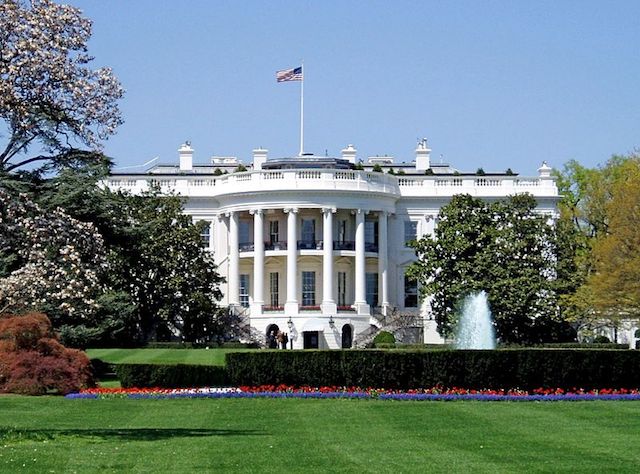
The Federal Register is a daily journal of federal government activity that includes presidential documents, proposed and final rules, and public notices. It is a common measure of an administration’s regulatory activity. From January 25 through January 29—the second week of the Biden administration—the Federal Register grew by 790 pages for a year-to-date total of…
-
Portman becomes fourth senator to announce he won’t seek re-election in 2022
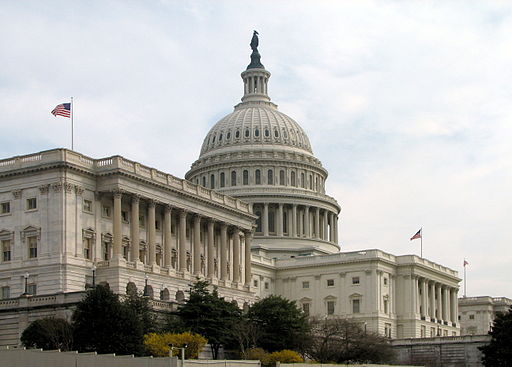
On Jan. 25, Sen. Rob Portman (R-Ohio) announced that he would not seek another six-year term in the Senate when his term expires in 2022. In his statement announcing his decision, Portman said, “I am really looking forward to being home in Ohio full time, seeing family and friends more, and getting back to the…
-
U.S. Census Bureau says it will deliver apportionment data by April 30, redistricting data after July 31
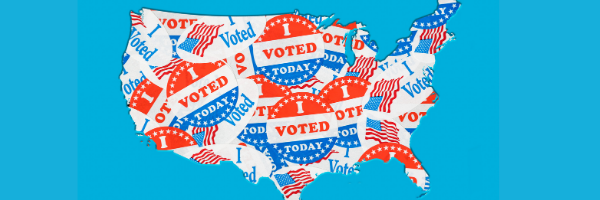
On January 27, 2021, Kathleen Styles, an official at the U.S. Census Bureau, announced at a National Conference of State Legislatures event that the bureau would release its final apportionment report by April 30, 2021. Styles also said the bureau hoped to release detailed redistricting data after July 31, 2021. Census results are used to…
-
Seventy-seven third party candidates received more votes than the margin of victory in their races on Nov. 3
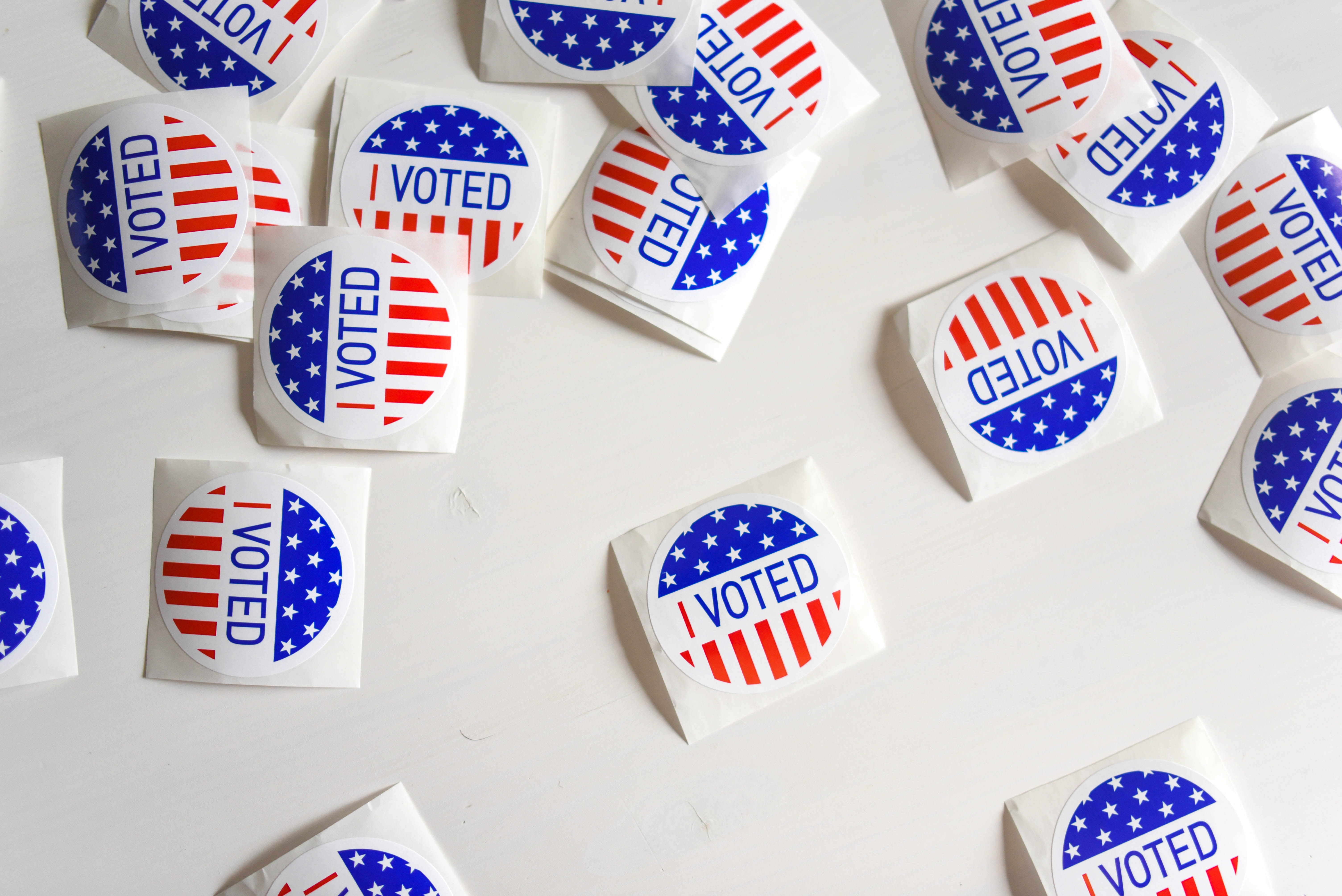
In 2020, there were 77 third party or independent candidates who received more votes than the margin of victory in their election. These included eight running for Congress, 23 running for a statewide state-level office, 43 running for a non-statewide state-level office, and three running for a local office within Ballotpedia’s coverage scope. The eight…
-
Analyzing demographics of the Pivot Counties with highest, lowest turnout in 2020
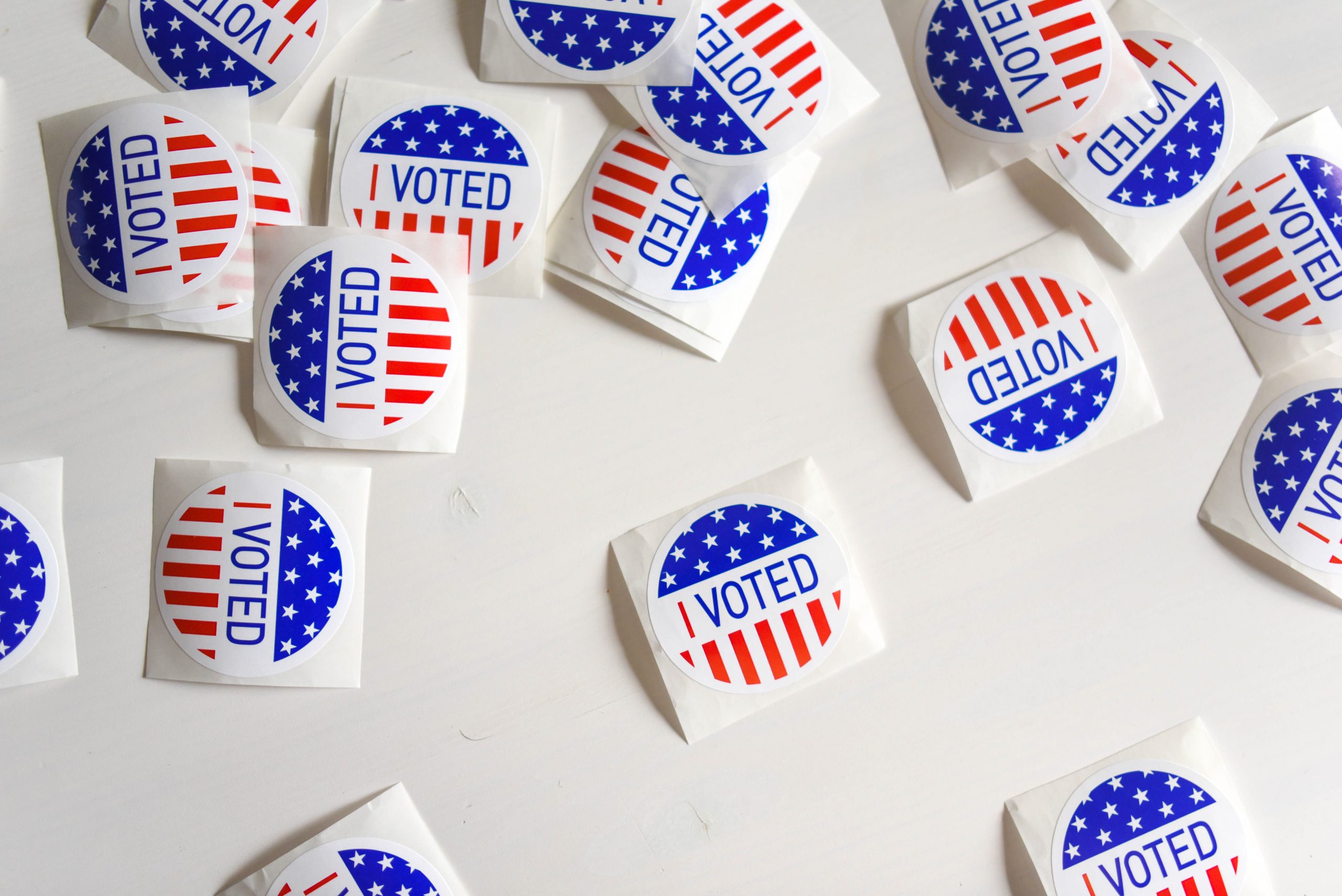
Two-hundred and six Pivot Counties voted for Barack Obama (D) in 2008 and 2012 and Donald Trump (R) in 2016. In the 2020 presidential election, 181 Retained Pivot Counties voted for Trump again, and 25 Boomerang Pivot Counties voted for Joe Biden (D). Demographically, Retained Pivot Counties tended to be less populous, with an average…
-
Three-hundred and forty-four elected officials at the state and federal levels sought another office in 2020

In 2020, Ballotpedia tracked 344 officials in Congress and state legislatures who ran for a different office than the one to which they were elected. Of those 344 officials, 162 (47%) won election to a new position. Fourteen members of the U.S. House and eight members of the U.S. Senate sought election to a different office. Four…
-
Biden revokes Trump executive orders on regulatory practice

President Joe Biden (D) on Jan. 20, 2021, signed an executive order revoking six executive orders on agency regulatory practice issued by former President Donald Trump (R). E.O. 13992 revoked the following Trump administration executive orders: Executive Order 13771 (Reducing Regulation and Controlling Regulatory Costs): Established regulatory budgets for federal agencies and required agencies to eliminate two…

